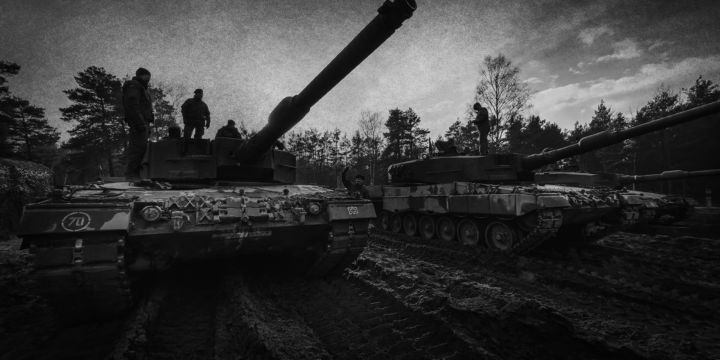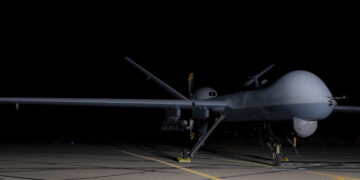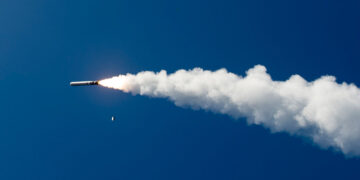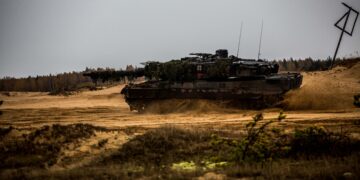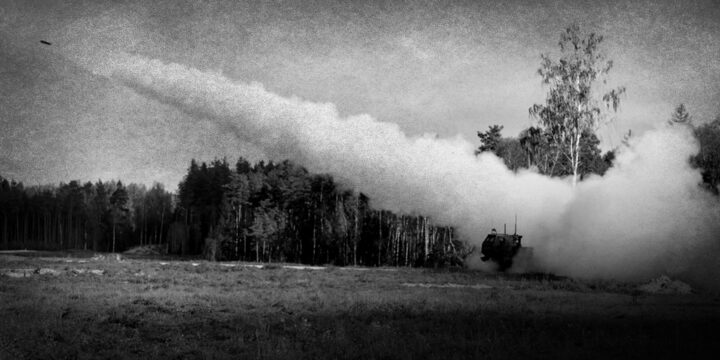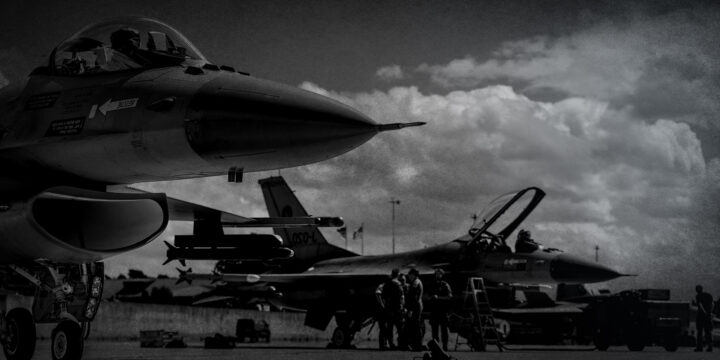August 29, 2024
Is Ukraine’s Kursk incursion a turning point in the war?
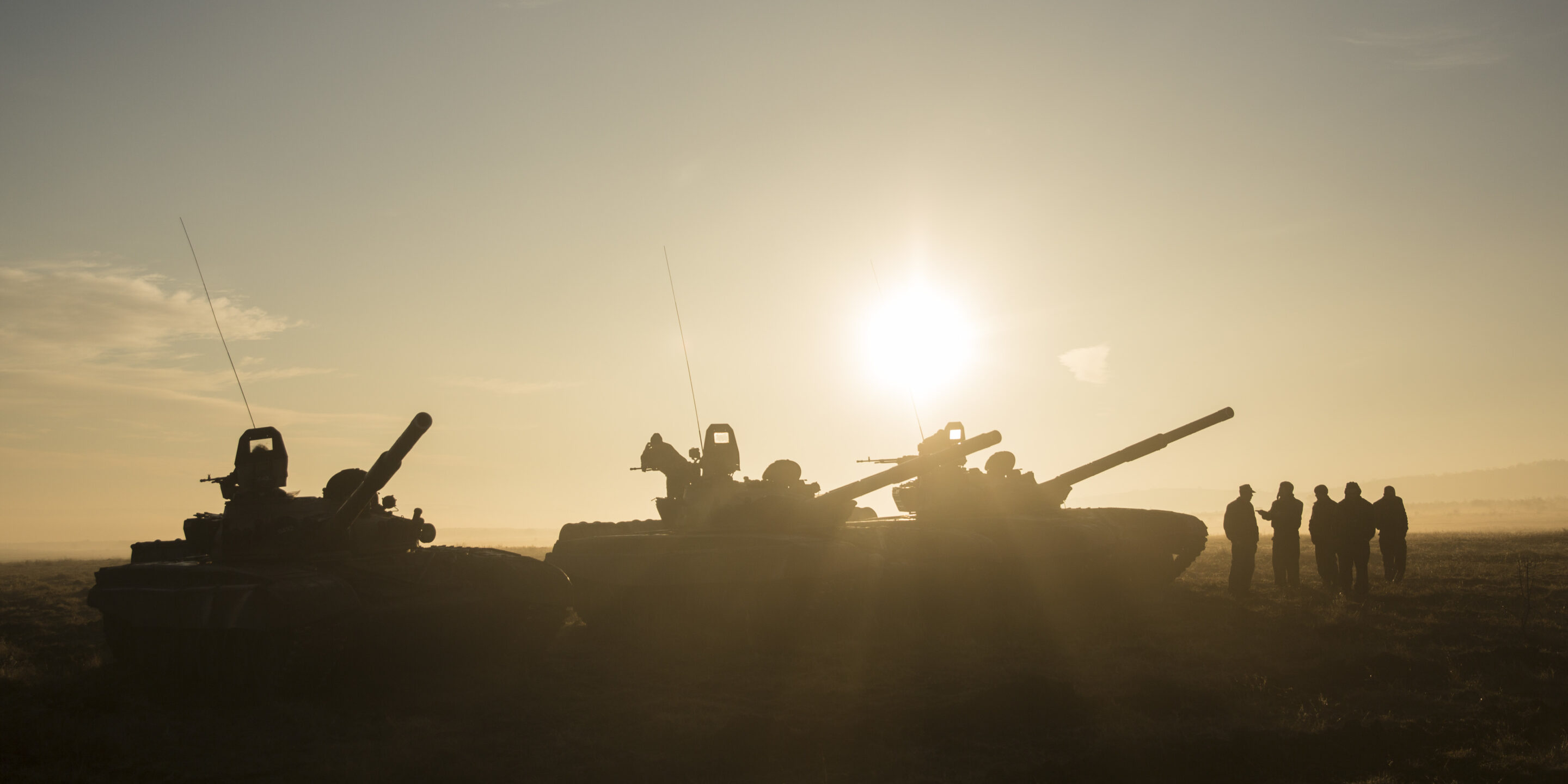
If you’re Ukrainian President Volodymyr Zelensky or Ukrainian General Oleksandr Syrskyi, you’re likely looking at the current map of Kursk with a smile on your face. In a span of three weeks, the Ukrainian army has notched impressive tactical gains—approximately 500 square miles of Russian territory and around 100 small villages are under Ukrainian control, and hundreds of Russian troops have been captured.
The big question is whether the war’s dynamics will change. There seems to be a general assumption that the Kursk incursion will have positive effects for the Ukrainians. But if we’ve learned anything since the war began more than two and a half years ago, it’s that projections about turning points and breakthroughs should be made with humility. There was a time not so long ago when military analysts predicted a Ukrainian triumph after Kyiv embarked on its long awaited counteroffensive. It didn’t turn out that way; the counteroffensive fizzled and Ukrainian troops were unable to push through the Russian fortifications.
Could Ukraine’s Kursk incursion be different? Sure, there’s always the possibility. For Kyiv, the three-week thrust into Russia has been more successful in terms of territorial gains than last year’s six month-long counteroffensive. At the very least, Zelensky can use the Russian conscripts captured thus far to get his own soldiers out of Russian detention—something that has already occurred.
But long-term success isn’t guaranteed.
More on Europe

September 30, 2025
Featuring Daniel Davis
September 25, 2025
Events on Ukraine-Russia
